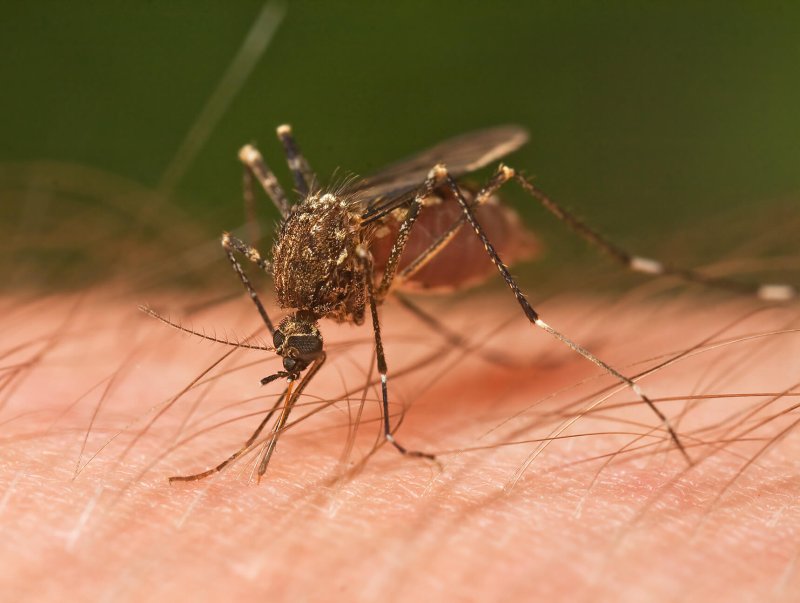A major obstacle to applying genetic engineering to benefit humans and the environment is the risk that organisms whose genes have been altered might produce offspring with their natural counterparts, releasing the novel genes into the wild. Now, researchers from the University of Minnesota’s BioTechnology Institute have developed a promising way to prevent such interbreeding. The approach, called “synthetic incompatibility,” effectively makes engineered organisms a separate species unable to produce viable offspring with their wild or domesticated relatives.
…
If an engineered organism mates with a wild counterpart, the transcription factors render the offspring unable to survive by activating genes that cause their cells to die.
“This approach is particularly valuable because we do not introduce any toxic genes,” said Maciej Maselko, a postdoctoral scholar from Smanski’s lab who performed the work. “The genetic incompatibility results from genes already in the organism being turned on at the wrong place or time.”
…
Synthetic incompatibility may make it possible to use crops to produce medications as well as food, feed and fuel. It also raises hope for using genetic engineering to control populations of invasive species or pests such as Asian carp in North America and disease-carrying mosquitoes throughout the world.
The GLP aggregated and excerpted this blog/article to reflect the diversity of news, opinion, and analysis. Read full, original post: New way to prevent genetically engineered and unaltered organisms from producing offspring































